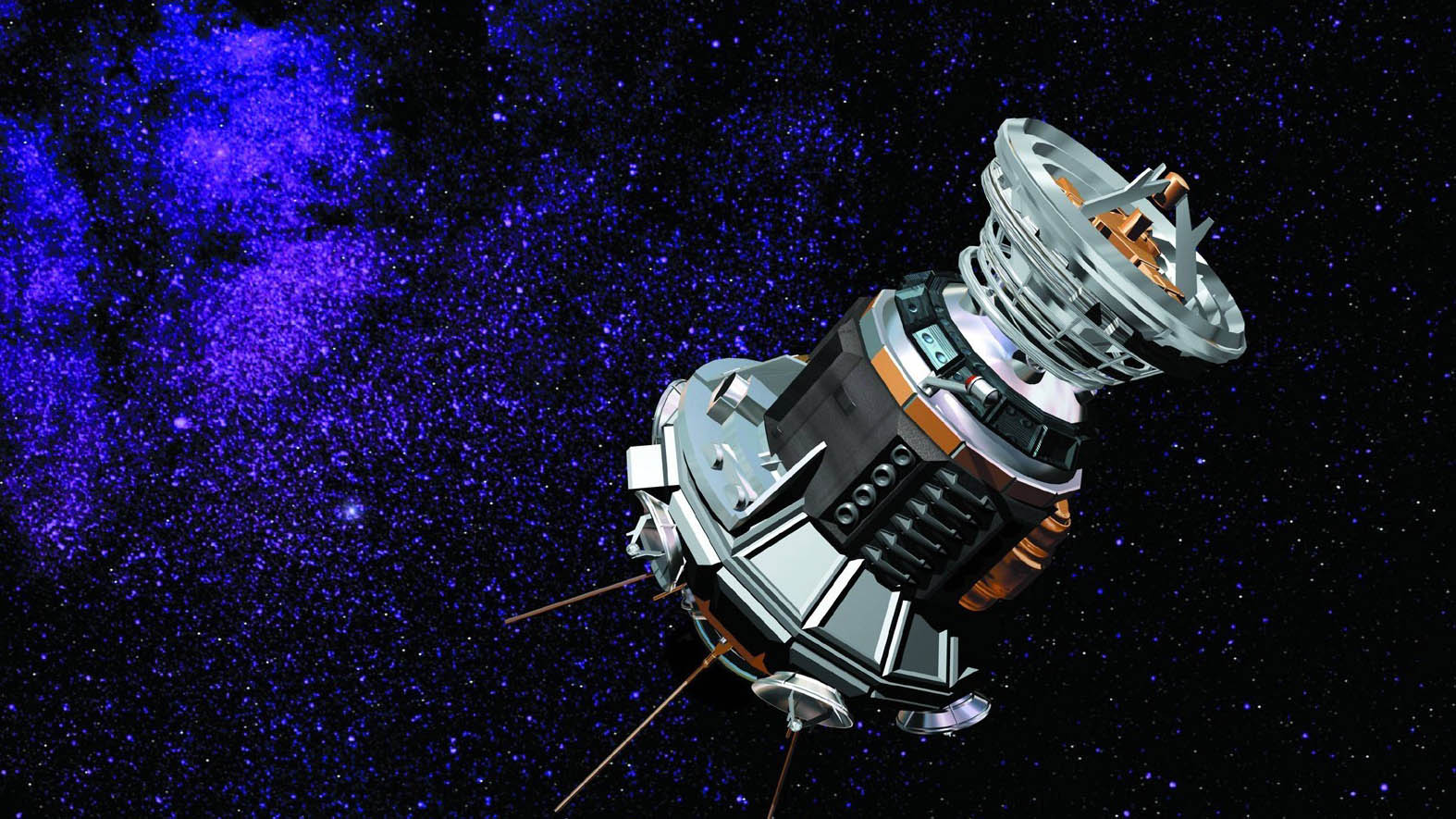On May 21st, the "Spatiotemporal Intelligence Refactoring the World" -2025 Global Spatiotemporal Intelligence Conference (WGDC25) officially opened. Li Deren, winner of the National Highest Science and Technology Award, academician of the Chinese Academy of Sciences and the Chinese Academy of Engineering, and honorary chairman of the WGDC conference, delivered a special speech titled "Space time Intelligence Helps Sustainable Development Goals" at the conference, stating that as long as it is the material world, there is space time intelligence. The acquisition, processing, information extraction, and knowledge mining of spatiotemporal data need to move towards intelligence, which includes multi-level spatiotemporal intelligence such as deep space, aerospace, open space, underwater, and socio-economic aspects. The use of communication and remote computing intelligent sensing network technology to study global spatiotemporal intelligence, from isolated satellites to Earth observation of the brain, has become an inevitable trend in the industry.
Academician Li Deren emphasized that in order to achieve the above goals, we need to further develop the combination of PNT and remote sensing communication satellites based on the Global Navigation Satellite System (GNSS) and its enhancement system, turning the integrated big data of remote sensing into small data needed by users, combining "sky computing" and "ground computing", and ultimately transmitting them to user terminals through communication satellites and ground 5G means, promoting mass application, and advancing market-oriented and international applications.
In addition, Academician Li Deren revealed that the Eastern Insight Constellation aims to complete 252 satellites in orbit by 2030, including 144 high-resolution satellites, 100 radar satellites, and 4 hyperspectral satellites, integrating high-precision remote sensing, large-scale imaging, globally leading on-board computing power, and multi-mode communication to solve the observation of the Earth. This year, the second phase of the project has been launched, and the 3D model has been built at the same time.
It is reported that the "Oriental Insight" space-time intelligent constellation is led by Academician Li Deren as the chief scientist, and Professor Wang Mi, winner of the Qian Xuesen Outstanding Contribution Award and outstanding scholar of Luojia, serves as the design chief engineer. It is invested, constructed, and operated by Land Sea Space (Yantai) Information Technology Co., Ltd. The constellation plan aims to improve the efficiency, timeliness, and accuracy of satellite observations, expand industrial applications, and achieve the goal of "fast, clear, accurate, comprehensive, and understandable viewing" through measures such as spatiotemporal intelligent computing satellite constellation network observation, global stable coverage+ultra-high spatial resolution combination, intelligent planning and observation, and scenario demand analysis.











